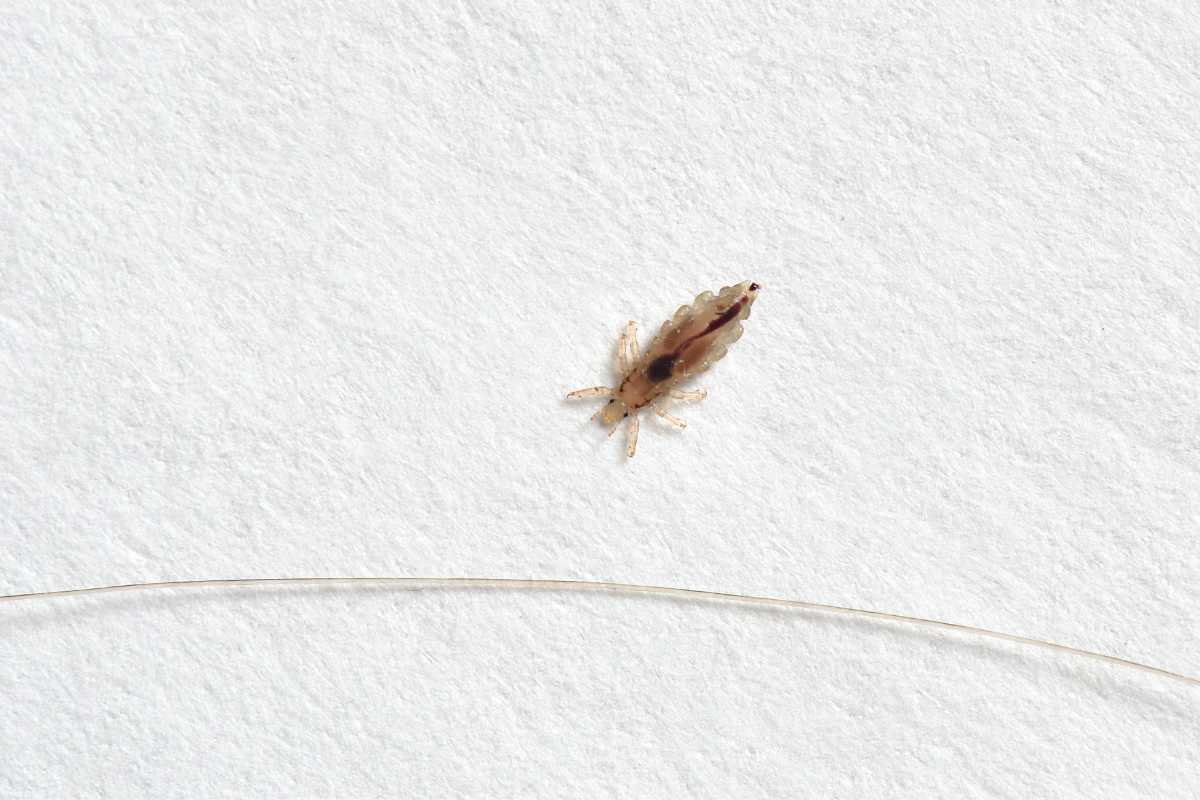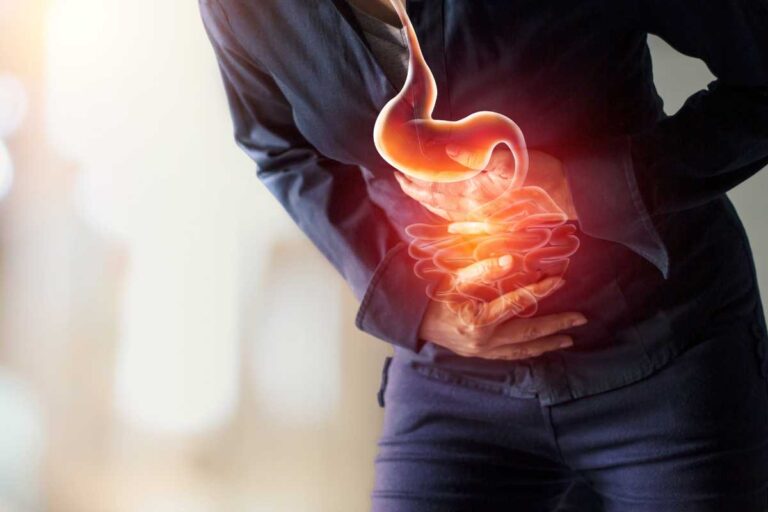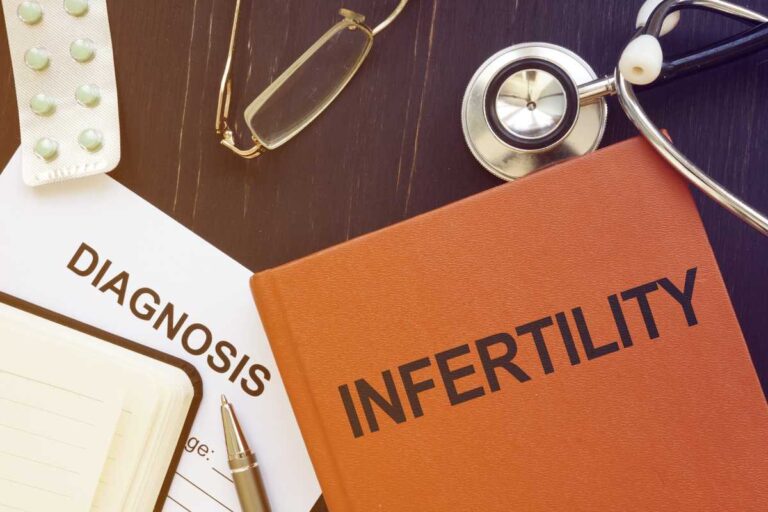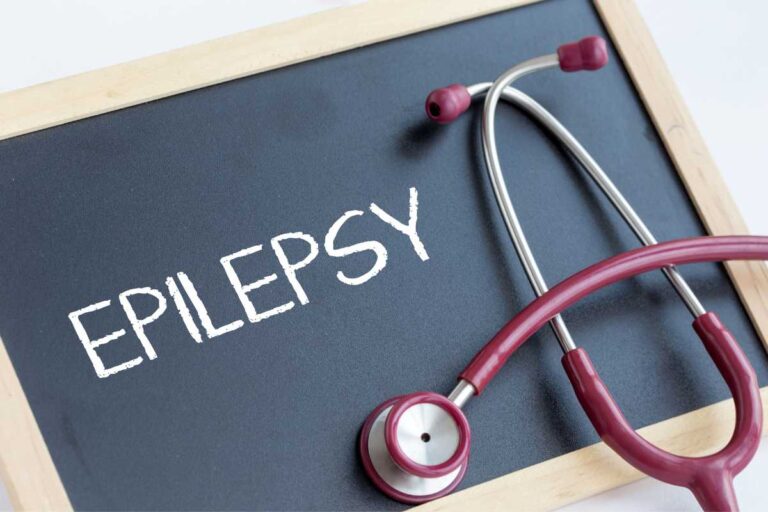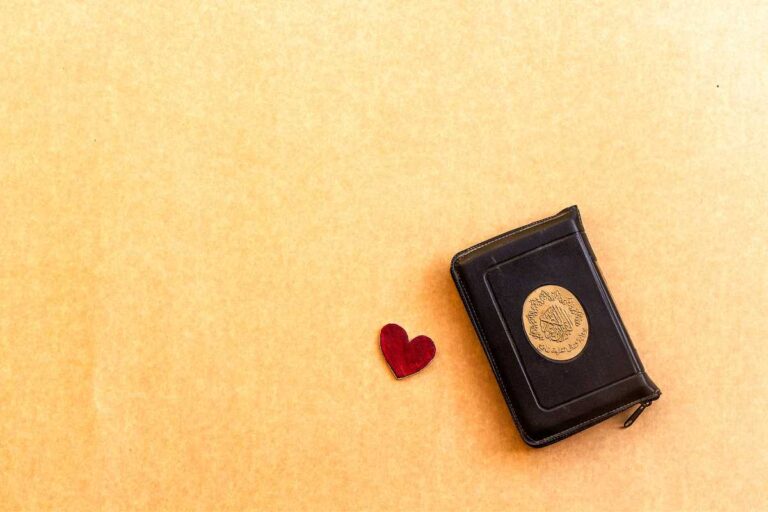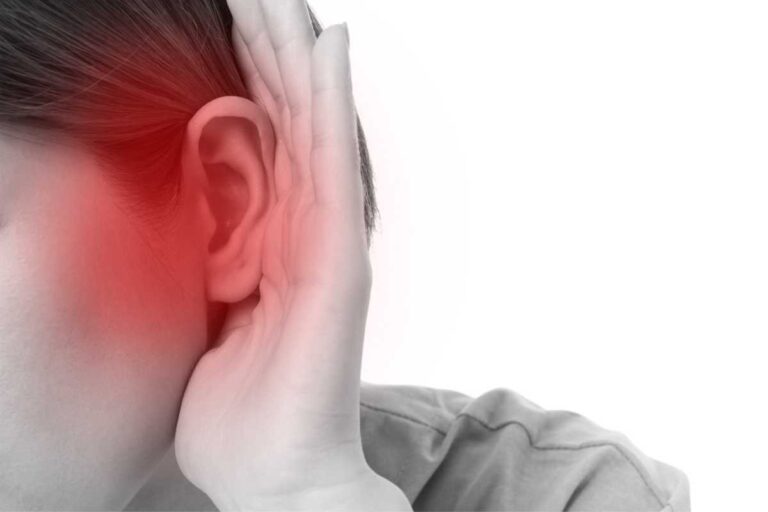Prophetic Medicine for Head Lice: Sunnah Remedies
Prophetic Medicine for Head Lice: Sunnah Remedies
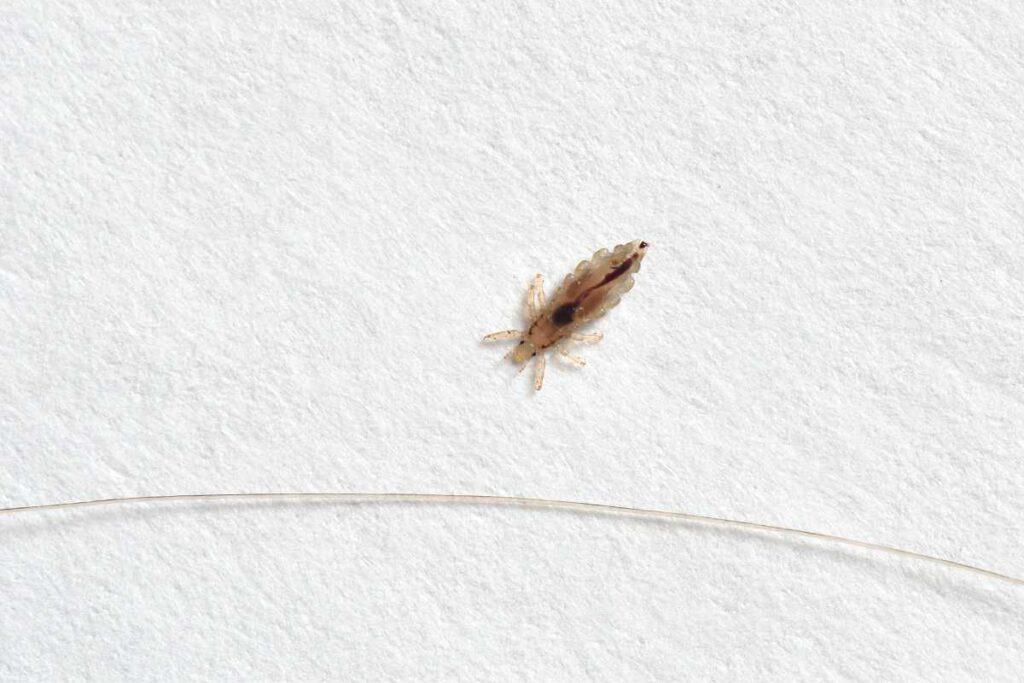
Exploring the historical significance of prophetic medicine in treating head lice, this blog post delves into the relevance of Islamic teachings in addressing head lice infestations. Head lice contamination is a contagious disease that affects millions of people worldwide, causing discomfort and frustration.
However, traditional remedies based on prophetic traditions offer an alternative approach to tackling this issue.
Islamic teachings emphasize the importance of natural remedies and their benefits for overall well-being. Prophetic medicine, rooted in the practices and teachings of Prophet Muhammad (peace be upon him), provides a wealth of knowledge on various ailments, including head lice infestations.
By understanding these traditions and incorporating them into modern practices, individuals can benefit from effective and natural solutions.
This blog post aims to shed light on the historical context surrounding prophetic medicine for head lice while highlighting its practical applications today. By exploring these natural remedies, readers can gain insight into alternative approaches to combating head lice infestations without resorting to harsh chemicals or invasive treatments.
| Cause of Head Lice | Explanation |
|---|---|
| Poor Hygiene | Lack of regular hair washing and cleanliness |
| Close Contact | Direct contact with someone who already has head lice |
| Sharing Items | Sharing combs, brushes, hats, or pillows with an infested person |
| School or Daycare | Head lice can easily spread among children in close quarters |
“Explore our latest articles on Prophetic Medicine to discover simple, natural remedies that can improve your health. Check them out now and start feeling better!“
Islamic Teachings on Treating Head Lice: A Holistic Approach
Islamic teachings emphasize a holistic approach. The importance of maintaining personal hygiene and cleanliness is deeply rooted in Islam, as it encompasses both the spiritual and physical aspects of combating such issues.
In Islam, cleanliness is considered a fundamental part of one’s faith. The Prophet Muhammad (peace be upon him) emphasized the significance of cleanliness by stating that “cleanliness is half of faith.” This teaching extends to all aspects of personal hygiene, including the treatment of head lice.
Head lice infestations can be quite common in schools, affecting students of all ages. Islamic teachings provide guidance on how to address this issue effectively while considering various factors.
One important aspect highlighted in Islamic teachings is the use of natural remedies for treatment. For instance, the use of “ud al” (a type of wood) has been mentioned as an effective remedy for head lice. This traditional method not only helps eliminate lice but also promotes healthy hair and scalp.
Furthermore, Islamic teachings stress the importance of hand hygiene in preventing the spread and contamination of head lice. Regularly washing hands with soap and water is encouraged to maintain overall cleanliness and reduce the risk of transmission.
In addition to personal hygiene practices, Islam also emphasizes environmental cleanliness. It advises keeping living spaces clean and free from any potential sources that may contribute to infestations. This includes regular cleaning routines that involve thorough vacuuming, dusting, and ensuring bedding is regularly washed.
Interestingly, historical records mention an anecdote involving Prophet Muhammad (pbuh) advising his followers about treating head lice using a mangy camel’s hair.
Although this particular method might not be commonly practiced today due to advances in medicine, it highlights the resourcefulness found within Islamic teachings when addressing such issues.
Islamic teachings also promote awareness among individuals regarding their responsibility towards others’ well-being. In the context of head lice, this means taking necessary precautions to prevent the spread of infestations in communal settings such as schools. Regular checks and prompt treatment can help minimize the risk of transmission among students.
Sunnah-Based Treatment for Head Lice
Head lice infestation is a common problem that affects people of all ages, causing discomfort and frustration. While there are numerous modern treatments available, it is worth exploring sunnah-based remedies as recommended by Prophet Muhammad (peace be upon him).
These traditional practices not only offer potential solutions but also hold spiritual significance.
The sunnah emphasizes the importance of regular grooming and hair care, which can help prevent and treat head lice infestations. Prophet Muhammad (peace be upon him) encouraged his followers to maintain cleanliness and take care of their bodies.
This includes practicing good hygiene habits, such as washing the hair regularly and combing it thoroughly.
One sunnah-based treatment for head lice involves using talbinah, a nutritious barley porridge mentioned in various narrations. Talbinah is known for its soothing properties and has been recommended for various ailments, including skin conditions.
Applying talbinah to the scalp can help alleviate itching caused by lice bites while nourishing the hair follicles.
Narrated by Saud bin Sa’id: “Aisha used to recommend at-Talbina for the sick and for such a person as grieved over a dead person.” (Sahih Bukhari)
In addition to talbinah, another practice mentioned in sunnah literature is oiling the hair regularly. Anas ibn Malik reported that Prophet Muhammad (peace be upon him) said: “Use this Indian incense because it contains five things: It removes bad odor, pleases the beholder’s eye; it is a means of health and cure; it repels Shaytan (Satan), and also prevents lice from growing on one’s body.” (Sunan Abu Dawood)
Following these sunnah-based treatments not only provides potential relief from head lice but also aligns with the wisdom behind adhering to Prophetic traditions.
The teachings of the Prophet Muhammad (peace be upon him) encompass all aspects of life, including physical well-being. By adopting these practices, individuals can experience holistic benefits that promote overall wellness.
Natural Remedies for Nits and Lice in Islamic Queries Women
Addressing common concerns related to nits and lice among women adhering to Islamic principles.
Head lice infestations can be a common concern among individuals of all ages, including women adhering to Islamic principles. Dealing with these pesky critters can be challenging, especially when looking for natural remedies that align with religious guidelines.
Providing natural remedies specifically suitable for women, considering religious guidelines.
There are several options available that are safe and adhere to Islamic principles. Here are some natural remedies specifically suitable for Muslim women:
- Olive Oil: Known for its nourishing properties, olive oil can also suffocate lice and help loosen nits from the hair shafts. Massage warm olive oil onto the scalp and cover it with a shower cap overnight. Comb through the hair in the morning using a fine-toothed comb to remove dead lice and nits.
- Neem Leaves: Neem leaves have antimicrobial properties that can help eliminate head lice. Boil neem leaves in water and use this solution as a rinse after shampooing your hair. Repeat this process regularly until the infestation subsides.
- Apple Cider Vinegar: The acidic nature of apple cider vinegar helps dissolve the glue-like substance that holds nits onto the hair strands. Mix equal parts of apple cider vinegar and water in a spray bottle and apply it generously on your scalp. Leave it on for 15-20 minutes before rinsing thoroughly.
Empowering Muslim women with effective solutions to combat nits and lice while adhering to their faith.
In addition to these natural remedies, there are other steps you can take to prevent the spread and reinfestation of nits and lice:
- Maintain Good Hygiene: Encourage regular hair washing with a mild shampoo and conditioner. Cleanse combs, brushes, and hair accessories regularly by soaking them in hot water or disinfectant solutions.
- Educate Family Members: It is crucial to educate family members about the importance of personal hygiene and not sharing personal items such as hats, scarves, or combs.
- Regularly Inspect Hair: Perform routine checks on your own hair and that of your children to identify any signs of lice or nits early on. This allows for prompt treatment and prevents further infestations.
- Use Protective Hairstyles: Keeping hair tied up in braids, buns, or covered with a scarf can help minimize the risk of lice transmission.
By following these natural remedies and preventive measures, Muslim women can effectively combat nits and lice while staying true to their faith. Remember to consult with healthcare professionals if the infestation persists or worsens despite home treatments.
Prophetic Remedies for Head Lice: Home Treatments
Head lice infestations can be a bothersome and persistent problem, but there are practical home treatments derived from prophetic traditions that can help eliminate these pesky parasites. Prophet Muhammad (peace be upon him) has recommended specific ingredients and techniques to combat head lice, providing us with valuable guidance on how to address this issue effectively.
Ingredients and Techniques Recommended by Prophet Muhammad
Prophet Muhammad (peace be upon him) emphasized the use of natural ingredients in treating various ailments, including head lice infestations. One such ingredient is vinegar.
Vinegar has been praised for its numerous health benefits and its efficacy in combating head lice is no exception. The acidic nature of vinegar helps dissolve the glue-like substance that holds the nits (lice eggs) firmly onto the hair shafts, making their removal easier.
To utilize vinegar as a prophetic remedy for head lice, follow these steps:
- Dilute white or apple cider vinegar with an equal amount of water.
- Apply the mixture directly to the scalp and hair.
- Massage it gently into the scalp for a few minutes.
- Cover your head with a shower cap or towel and leave it on for at least two hours.
- Rinse thoroughly with warm water.
- Comb through damp hair using a fine-toothed comb to remove any remaining nits or dead lice.
Another technique recommended by Prophet Muhammad (peace be upon him) involves using olive oil as a natural remedy for head lice eradication. Olive oil suffocates adult lice while also moisturizing the scalp and preventing dryness.
To implement this prophetic remedy, follow these steps:
- Warm olive oil slightly until it is comfortably warm to the touch.
- Apply the oil generously to your scalp and hair, ensuring complete coverage.
- Massage it in gently for a few minutes.
- Cover your head with a shower cap or towel and leave it on overnight.
- In the morning, comb through your hair using a fine-toothed comb to remove dead lice and nits.
- Shampoo your hair thoroughly to remove any remaining oil residue.
Step-by-Step Guidance for Implementing Prophetic Remedies
Now that we have discussed specific ingredients and techniques recommended by Prophet Muhammad (peace be upon him), let’s delve into step-by-step guidance on implementing these prophetic remedies at home:
- Start by choosing either vinegar or olive oil as your preferred prophetic remedy for head lice treatment.
- Prepare the necessary ingredients accordingly, diluting vinegar with water or warming olive oil.
- Apply the chosen remedy generously to your scalp and hair, ensuring complete coverage from root to tip.
- Massage it gently into your scalp for a few minutes, allowing the remedy to penetrate deeply into the hair follicles.
- Cover your head with a shower cap or towel to create an environment conducive for treatment efficacy.
- Leave the remedy on for the recommended duration specified earlier (two hours for vinegar, overnight for olive oil).
The Power of Prophetic Medicine in Combating Head Lice
Prophetic medicine has long been recognized for its effectiveness in treating various ailments, and one area where it has shown remarkable results is in combating head lice infestations. Countless individuals have experienced the healing power of these traditional remedies, often sharing their success stories and testimonials.
One such remedy that has gained popularity is the use of henna leaves. These leaves, when ground into a paste and applied to the scalp, have been known to effectively eliminate head lice. The natural properties of henna act as a cure for this pesky problem, leaving the hair free from these tiny parasites.
In addition to henna leaves, black seed oil has also emerged as a potent prophetic medicine for combating head lice. This oil possesses antimicrobial properties that not only kill lice but also prevent their recurrence.
Applying black seed oil to the scalp not only helps eradicate lice but also nourishes the hair follicles, promoting healthier hair growth.
The use of olive oil is another prophetic remedy that has proven beneficial in tackling head lice infestations. Olive oil suffocates and immobilizes lice, making it easier to remove them using a fine-toothed comb.
Regular application of olive oil can help break the life cycle of lice by preventing their eggs from hatching.
While these traditional remedies may seem rooted in ancient practices, there is scientific evidence supporting their efficacy. Studies have shown that certain compounds present in henna leaves possess insecticidal properties that are toxic to head lice.
Similarly, black seed oil contains thymoquinone, which exhibits potent antiparasitic activity against these pests.
Moreover, honey—a well-known prophetic medicine—can be combined with other ingredients like olive oil or black seed oil to create effective treatments for head lice. Honey’s sticky consistency helps suffocate and trap the lice, making it easier to remove them with a comb.
It is important to note that although prophetic medicine offers potential solutions for head lice, consulting a healthcare professional or seeking a prescription-based treatment is advisable in severe cases. However, for those looking for natural remedies, these prophetic medicines can provide an alternative approach.
Preventing and Treating Head Lice the Islamic Way
Head lice infestations can be a common problem, especially among primary school students. Fortunately, Islamic teachings offer valuable insights into preventing and treating head lice in a holistic manner. By incorporating these practices into our daily routines, we can effectively combat this issue while also nurturing our spiritual well-being.
Preventive Measures Based on Islamic Teachings
In the pursuit of preventing head lice infestations, Islamic teachings provide us with guidance that goes beyond conventional methods. One such practice is the use of siwaak (miswak), a natural tooth-cleaning twig recommended by Prophet Muhammad (peace be upon him).
Siwaak not only promotes oral hygiene but also helps prevent various infections, including those caused by head lice. Encouraging children to regularly use siwaak can significantly reduce their chances of contracting head lice.
Maintaining cleanliness and personal hygiene is emphasized in Islam as an essential aspect of faith. Regularly washing one’s hair and keeping it clean is not only hygienic but also acts as a preventive measure against head lice infestations.
Teaching children the importance of cleanliness from an early age can help instill good habits that protect them from various ailments, including head lice.
Complementary Steps for Treatment
There are additional steps that can be explored alongside conventional treatments. One such method is ruqya (spiritual healing) based on Quranic recitation and supplications. Seeking Allah’s blessings through ruqya can provide comfort during the treatment process and facilitate healing.
Dietary recommendations from Islamic sources may also play a role in complementing treatment for head lice infestations. Ibn Abbas reported that consuming camel meat has beneficial effects on overall health and immunity.
While further research is needed to establish a direct link between camel meat consumption and head lice treatment, incorporating this nutritious meat into one’s diet can contribute to overall well-being.
Importance of Education and Awareness
Education and awareness play a vital role in preventing future outbreaks of head lice. Parents should be proactive in educating themselves about the signs, symptoms, and preventive measures associated with head lice infestations.
By familiarizing themselves with these aspects, parents can take necessary precautions to protect their children from potential infestations.
Furthermore, schools can also contribute significantly by organizing educational programs that highlight the importance of personal hygiene and preventive measures against head lice.
These programs can involve interactive sessions with healthcare professionals who provide practical guidance on identifying, treating, and preventing head lice infestations.
Conclusion
Embracing Prophetic Medicine for Head Lice The sections completed before the conclusion shed light on the Islamic teachings and Sunnah-based treatments for head lice. Natural remedies and home treatments were explored, highlighting the power of prophetic medicine in combating these pesky insects.
By following these holistic approaches, individuals can prevent and treat head lice while staying true to their Islamic beliefs.
In order to effectively combat head lice using prophetic medicine, it is essential to incorporate these teachings into one’s daily routine. By embracing natural remedies and home treatments, individuals can alleviate the discomfort caused by head lice while promoting overall well-being.
It is important to remember that prevention plays a key role in this process as well. Maintaining good hygiene practices and regularly inspecting hair for any signs of infestation are crucial steps towards eradicating head lice.
Let us strive to follow the guidance provided by Prophet Muhammad (peace be upon him) in treating head lice, combining modern knowledge with traditional wisdom. By doing so, we can not only address this common issue but also strengthen our connection with our faith.
FAQs
Are prophetic remedies for head lice safe for children?
Yes, most prophetic remedies for head lice involve natural ingredients and are generally safe for children. However, it is always recommended to consult with a healthcare professional before trying any new treatment on children.
Can I use prophetic remedies alongside conventional treatments?
While it is possible to use prophetic remedies alongside conventional treatments, it is advisable to consult with a healthcare professional first. They can provide personalized advice based on your specific situation.
How long does it take for prophetic remedies to work against head lice?
The effectiveness of prophetic remedies may vary from person to person. It is important to be patient and consistent when using these remedies, as it may take several weeks to see noticeable results.
Can I use prophetic remedies for head lice during pregnancy?
It is recommended to consult with a healthcare professional before using any remedies, including prophetic ones, during pregnancy. They can provide guidance based on your individual circumstances.
Are prophetic remedies the only solution for treating head lice?
Prophetic remedies are just one approach to treating head lice. There are various other treatments available, such as over-the-counter products and prescription medications. It is important to explore different options and choose what works best for you while considering your personal preferences and circumstances.

